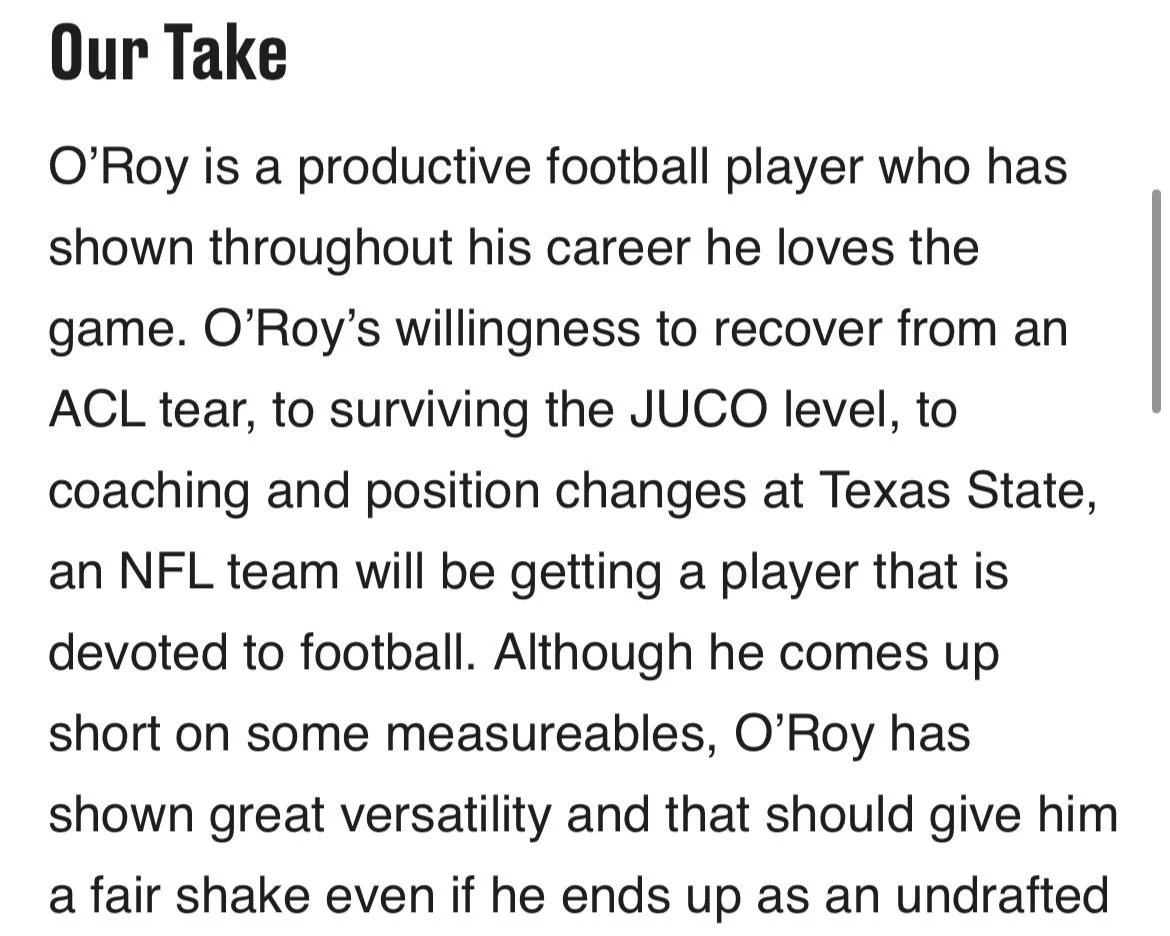The Ultimate Guide to Nutrition for Injury Recovery: What You Need to Know
All athletes and fitness enthusiasts will experience some degree of injury at some point in their careers. Injuries are an inevitable part of any sport or fitness journey. After getting recruited to Division 1 football programs in high school, an ACL tear halted my senior season and put my college football recruitment on pause. The start of my college career began with battling back from an ACL tear (on my own), while simultaneously preparing for the college level. While we can't always prevent injuries, we can significantly impact our recovery process through prioritizing proper nutrition. As a Strength & Conditioning Coach, Sports Performance Dietetic Grad Student, and former athlete, I've seen firsthand how the right dietary strategies can speed up the healing process. Supporting your journey on return to play or training sooner.
Key Nutritional Pillars for Injury Recovery:
Protein: Your Body's Building Blocks
Aim for 1.6-2.5 grams per kilogram of body weight daily
Focus on high-quality protein sources every 3-4 hours
Best sources: • Lean meats • Whey protein • Low-fat Greek yogurt • Part-skim cheese • Cottage cheese (especially before bed)
Smart Carbohydrate Choices
Keep carbs moderate at 3-5g/kg body weight daily
Focus on whole grain options
Include plenty of fruits and vegetables
Why it matters: Carbs fuel recovery, so protein can be prioritized on healing processes
Strategic Fat Intake
Choose anti-inflammatory fats: Avocados, Nuts and seeds , Olive oil, Fatty fish (salmon, tuna), Flaxseed oil
Limit pro-inflammatory fats like processed vegetable oils
Key Micronutrients for Healing
Vitamin C: Found in citrus fruits and bell peppers
Vitamin D: Sunshine vitamin crucial for recovery
Calcium: Essential for bone health
Zinc: Supports wound healing
Magnesium: Aids in muscle recovery
Supplement Considerations:
Creatine monohydrate: 5g daily
Fish oil: 3-4g EPA/DHA daily for inflammation support
Tart cherry juice: 12-24oz daily for blood flow support
Collagen or gelatin: May further support tissue repair
Practical Tips:
Start implementing these changes immediately after injury
Stay hydrated throughout recovery
Don't cut calories too drastically, even though activity is likely reduced
Focus on nutrient-dense whole foods
Consider timing protein intake around physical therapy sessions
Remember: While nutrition won't prevent all injuries, it can significantly impact your recovery timeline. The key is consistency and following a well-balanced approach.
Need help developing a personalized nutrition plan for your injury recovery? Book a consultation and let's create a strategy that works for you.
What you do after an injury matters.

